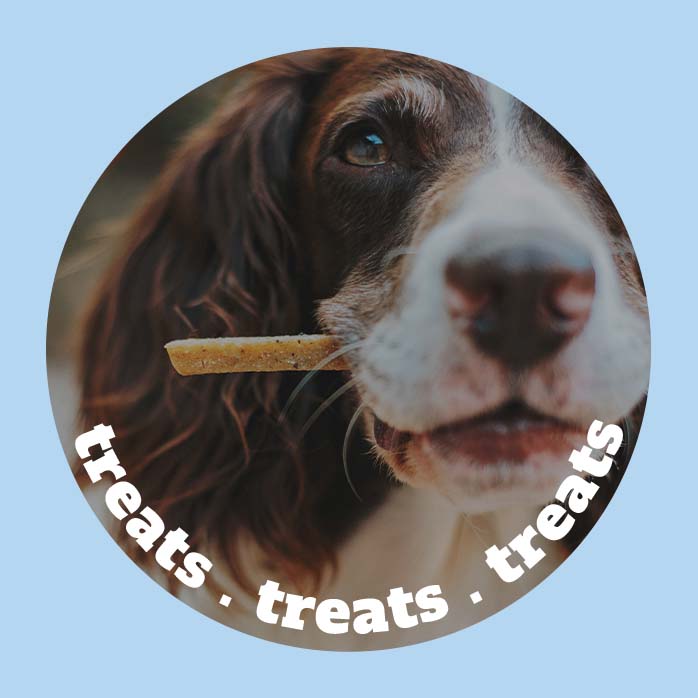Words From Our Founders - Lessons to Keep Your Pup Happy and Healthy
Wholesale Line Pricing & Descriptions Whole Sale Order Price Sheet
Read MoreMobility Success Story By: Tom Peters, Our Founder One of the biggest questions we get here at Healthy Dogma is if our products really work. Even hearing our adamant belief in the ability of our products to help dogs live a better life, customers are still tentative about trying all-natural products on their pets. This…
Read MoreBy: Matthew Gibb Looking for a New Dog? Why Not Rescue One! There are so many excellent reasons to adopt a dog or cat from an animal shelter, it is surprising that anyone would choose otherwise. Apart from the addition of a wonderful new member to your family, adopting a pet has many other benefits,…
Read MoreBy: Matthew Gibb, our Managing Partner In Case of Emergency – How to give your pet the best chance of survival Many people have an emergency plan in place for themselves and their families in case of an emergency. It is good to have a detailed strategy for who does what, a list of important…
Read MoreBy: Matthew Gibb, our Managing Partner We often get asked if vitamins are good for dogs. It usually goes like, “My dog has a health issue, do you think vitamins will help?”, or “I want to make extra sure she’s getting all the vitamins she needs to stay healthy”. These questions about vitamins generally don’t…
Read MoreBy: Matthew Gibb, our Managing Partner (strongly influenced by: Susan Thixton, Pet Food Safety Advocate) The differences between Human Grade and Feed Grade pet food can be dramatic. It is really an easy comparison, as one is defined as “edible” (Human Grade, obviously) and one is defined as” inedible” (Feed Grade, rendered pulp). So, why…
Read MoreBy: Matthew Gibb, our Managing Partner Our dog Rudy is a shelter rescue that Kris Kringle brought home to our family 13 Christmas’ ago. We have no idea what breed’s or ancestry is behind his habits and attitude, but he has plenty. He is Aggressively protective of the kids, refuses to play fetch, instead constantly…
Read MoreBy: Matthew Gibb, our Managing Partner Lost in the bombardment of nature photos on those glossy bags of kibble stacked on the supermarket shelf is the very “real” fact that there is nothing “real” inside the bag. Behind the gleaming white teeth of wolves and perfectly cut chicken breasts adorning those mass-produced sacks of kibble…
Read MoreTHE HARMFUL “EXPERTICE” OF CELEBRITY DOG FOOD By: Matthew Gibb As I watched the US Open Tennis Tournament this week, I was amazed at how commercial it all is. The players have so much financial interest in displaying the “brand” of companies seeking to profit from their influence. Even their team of supporters and coaches…
Read MoreA LABOR DAY PICNIC TO REMEMBER By: Tom Peters and Matthew Gibb In 1882 America celebrated the very first Labor Day in New York City. What started as parades and worker rally’s has evolved into millions of picnics, beach outings, hikes, family gatherings and the consumption of lots and lots of food. Nearly 40% of…
Read More




